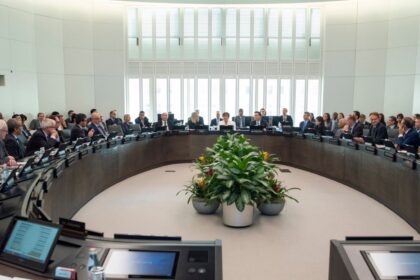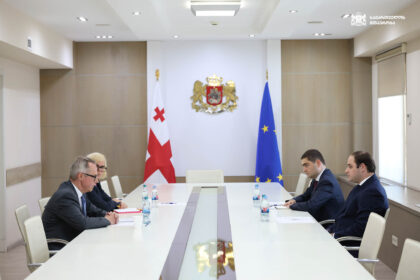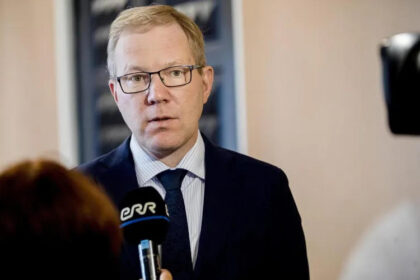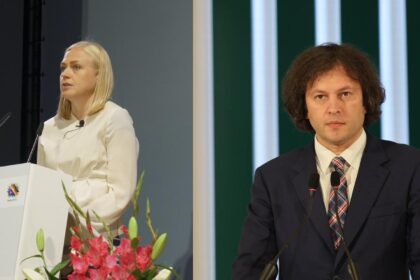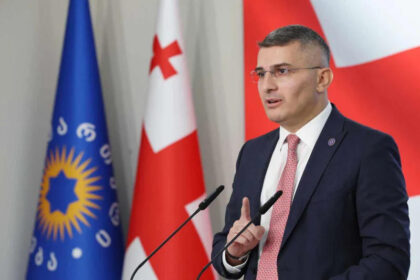**Georgia’s Information Center on NATO and EU to Be Disbanded**
The Georgian government has made a significant decision, informing employees of the Information Center on NATO and the European Union (EU) that it will be “liquidated.” The Foreign Ministry confirmed this move, stating that the center, which has been operating as an independent entity since 2017, will be merged with the ministry. This development comes as part of a broader reorganization process.
This news is likely to send shockwaves through Georgia’s diplomatic and international community. The Information Center has played a crucial role in promoting NATO-EU relations and providing information on these organizations’ activities. Its dissolution may impact Georgia’s engagement with these important regional partners, potentially limiting its access to valuable resources and expertise.
**UN Resolution on Abkhazia and South Ossetia Passes**
Meanwhile, the United Nations General Assembly has adopted a resolution reiterating the right of return for all displaced persons and refugees in Georgia’s Abkhazia and Tskhinvali Region/South Ossetia. This vote, which took place on June 3, saw 107 countries support the resolution, with only nine opposing it and 49 abstaining. Syria, a country that had previously voted against this resolution, surprisingly abstained this year.
This development is significant for Georgia, as it reaffirms international support for the rights of displaced persons and refugees in Abkhazia and South Ossetia. However, the path forward remains uncertain, and ongoing tensions between Georgia and these breakaway regions show no signs of abating.
**EU’s Image Takes a Hit in Georgia**
A recent Eurobarometer survey has revealed a worrying trend: trust in the European Union (EU) in Georgia has dropped significantly. The poll found that only 51% of respondents trust their government, while trust in the EU plummeted by nine percentage points. Conducted by GORBI, a reputable polling organization based in Tbilisi, this survey highlights the growing disillusionment with EU-Georgia relations among Georgian citizens.
This decline in public confidence is likely to have far-reaching consequences for Georgia’s relationships with its European partners. As the country navigates complex diplomatic waters, it must find ways to restore trust and credibility with both its domestic audience and international allies.
**European Parliament Report Raises Concerns**
The European Parliament’s Foreign Affairs Committee has adopted a report on political developments in Georgia during 2023-2024. This document expresses concern about the EU’s policy toward Georgia and warns of potential consequences, including the “conditional suspension” of economic cooperation and privileges under the EU-Georgia Association Agreement.
This report is significant because it reflects growing unease within European Parliament circles regarding Georgia’s democratic trajectory. The concerns raised in this report must be taken seriously by Georgian authorities, who need to address these issues proactively and demonstrate genuine commitment to reform.
**Prosecutor General Nominated for New Role**
Finally, the Prosecutor General, Giorgi Gabitashvili, has been nominated to become the Chief Auditor following Tsotne Kavlashvili’s departure from this position. Kavlashvili, who was reassigned as Deputy Finance Minister, previously held this role from 2015 to 2022.
This move may have significant implications for Georgia’s governance and accountability framework. As the country continues to navigate complex challenges, it is essential that its institutions remain transparent, independent, and committed to upholding democratic principles.
Read More @ civil.ge





